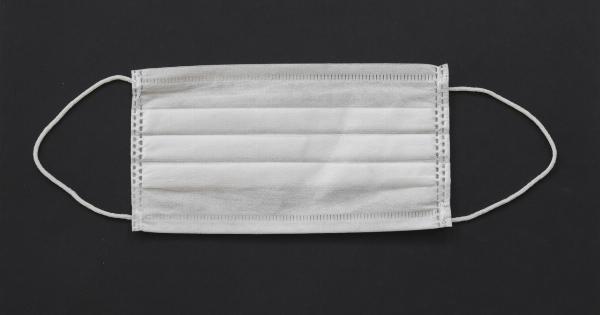A sore throat is a common symptom of various health conditions, such as the common cold, the flu, allergies, and strep throat. It can be painful and uncomfortable, making it difficult to talk and swallow.
Fortunately, there are several ways to alleviate and prevent sore throat.
Drink plenty of fluids
Drinking plenty of fluids, such as water and hot tea, can help alleviate sore throat. It keeps your throat moist and hydrated, making it easier for you to swallow and reducing inflammation.
Drinking warm liquids like tea with honey can help soothe your throat and ease the discomfort. Avoid drinks that can irritate your throat, such as alcohol and caffeine.
Gargle with salt water
Gargling with salt water is an effective way to alleviate sore throat. It helps reduce inflammation and irritation of the throat and can kill bacteria and viruses that cause sore throat.
Add half a teaspoon of salt to a glass of warm water and gargle for 30 seconds before spitting it out. Repeat the process several times a day.
Use throat lozenges
Throat lozenges can help alleviate sore throat by soothing irritation and reducing inflammation. They contain ingredients like menthol, eucalyptus, and honey, which provide a numbing effect and make it easier to swallow.
Choose lozenges that contain natural ingredients and avoid those that contain sugar, which can worsen sore throat in some cases.
Avoid smoking and exposure to smoke
Smoking and exposure to smoke can irritate your throat and make sore throat worse. Avoid smoking and stay away from secondhand smoke. If you smoke, try to quit or cut down on your smoking.
Take over-the-counter pain relievers
Over-the-counter pain relievers, such as acetaminophen and ibuprofen, can help alleviate sore throat pain and reduce inflammation. They are particularly helpful if you have a fever or body aches in addition to sore throat.
Follow the instructions on the label and do not exceed the recommended dose.
Get plenty of rest
Getting plenty of rest can help your body fight off infections that cause sore throat. It also gives your body a chance to heal and recover. Try to get at least 7-8 hours of sleep per night and avoid strenuous activities that can tire you out.
Stay away from allergens
Allergens, such as pollen and pet dander, can irritate your throat and make sore throat worse. Stay away from allergens as much as possible, especially during allergy season. If you are allergic to pets, avoid them or limit your exposure to them.
Practice good hygiene
Good hygiene can prevent the spread of infections that cause sore throat. Wash your hands regularly with soap and water, especially before eating and after using the bathroom.
Cover your mouth and nose when you cough or sneeze and avoid touching your face.
Use a humidifier
Using a humidifier can alleviate sore throat by adding moisture to the air. Dry air can irritate your throat and make sore throat worse. Set the humidifier to a comfortable level and clean it regularly to prevent the growth of bacteria and mold.
Seek medical attention if necessary
If your sore throat persists for more than a week or is accompanied by other symptoms, such as fever, difficulty swallowing, and rash, seek medical attention.
You may have a more serious infection that requires treatment with antibiotics or antiviral medication.





























